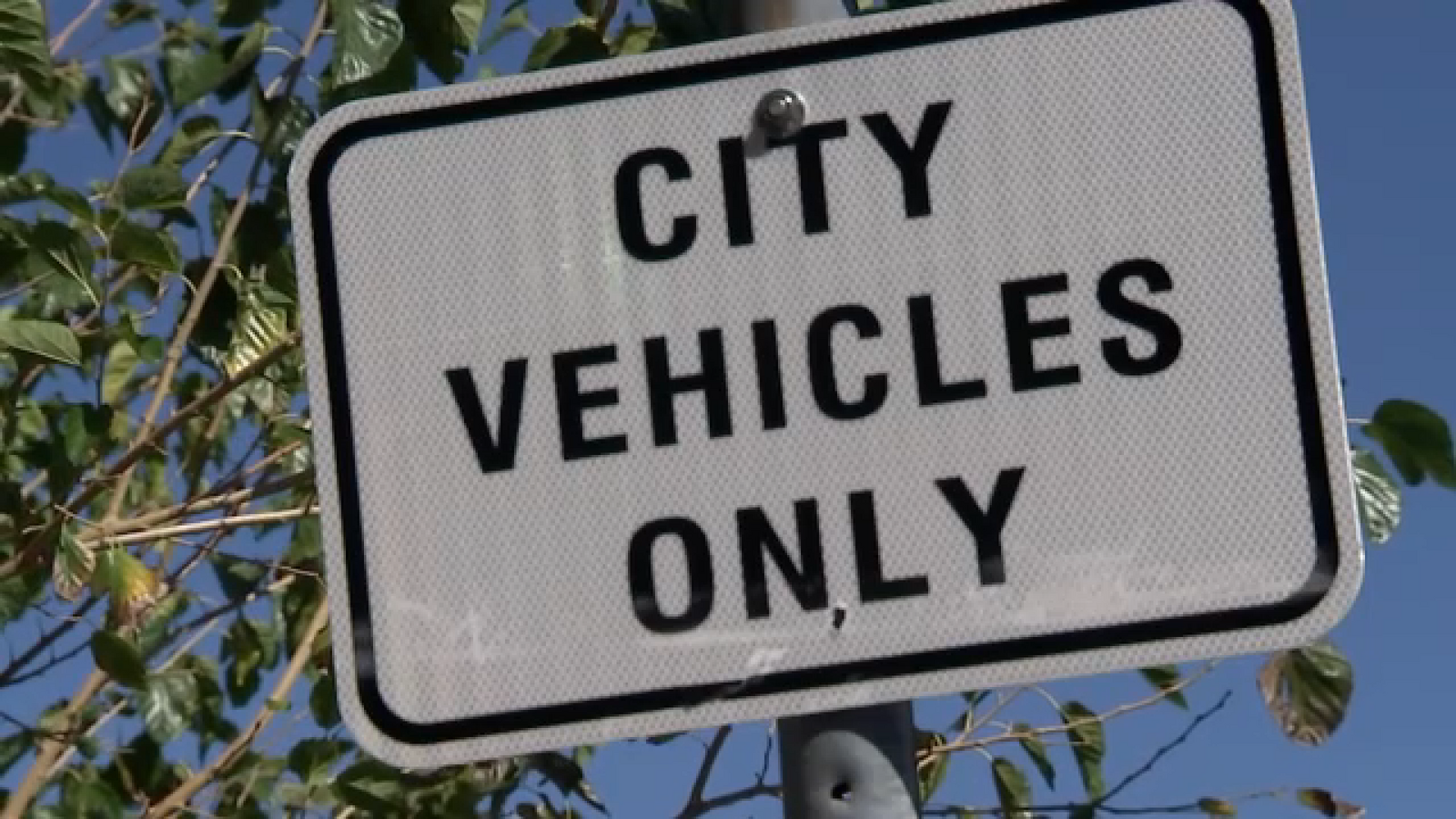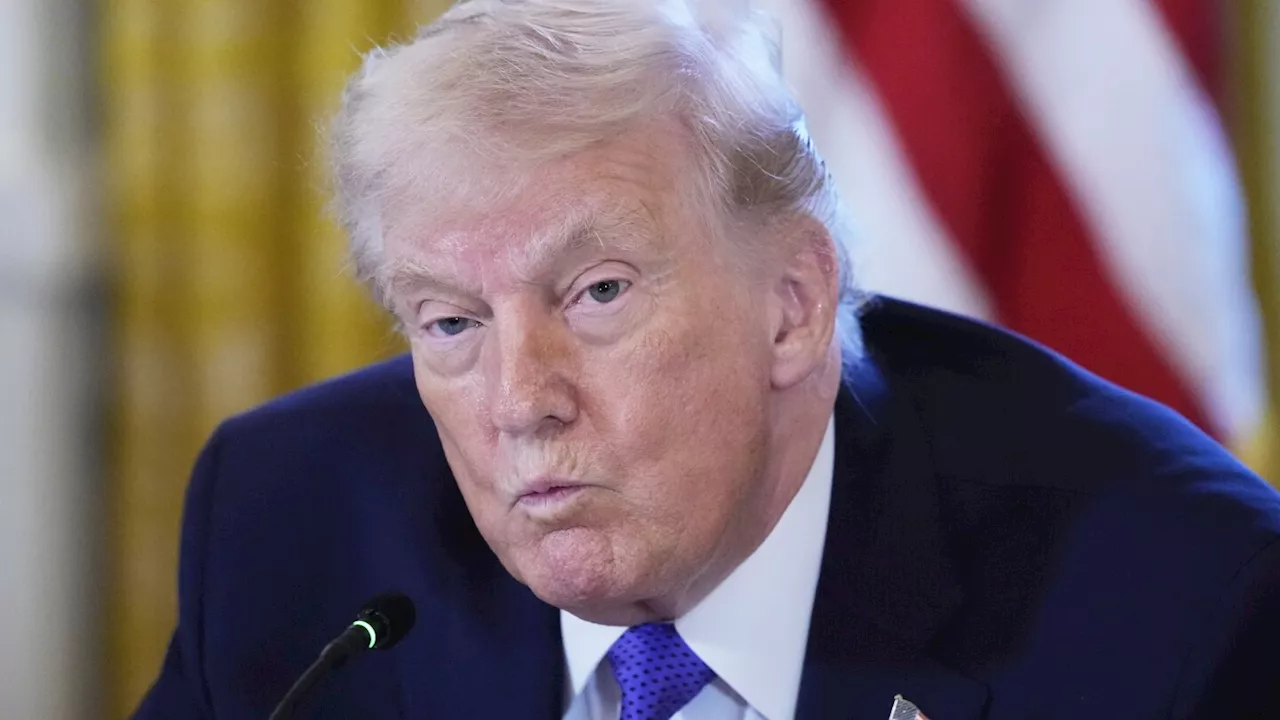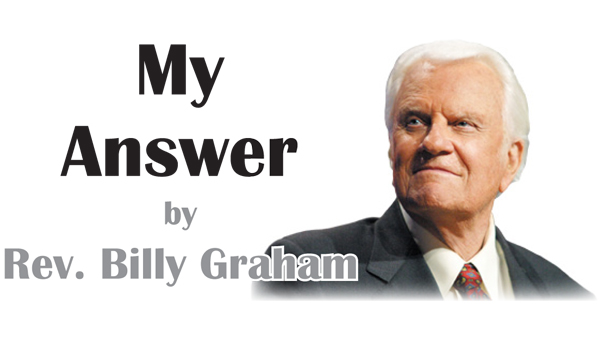A recent audit in Houston has uncovered significant mismanagement involving fuel cards used for city vehicles, resulting in the potential misuse of taxpayer dollars. The audit, conducted by the city’s Controller office, revealed that between 2022 and 2024, approximately $3.5 million was spent at gas stations located within three miles of city-operated fuel pumps, a violation of city policy. Employees are expected to utilize the city’s 65 fuel locations whenever possible, yet the findings suggest a lack of oversight in enforcing this guideline.
Fred Flickinger, a member of the Houston City Council, expressed his concern over the audit’s revelations. With a background in managing fleet fuel programs, he noted the absence of accountability measures, as multiple users have access to the same fuel card. “I was kind of surprised they didn’t have similar controls,” Flickinger stated, highlighting the challenges in tracking individual accountability when cards are shared among workers.
The budget committee learned that more than $500,000 was spent on fueling vehicles that the city no longer considers active. Flickinger emphasized the importance of implementing robust controls to prevent misuse. “When you don’t have good controls, employees know it, and while the majority do the right thing, there’s always a risk of some not adhering to the rules,” he explained.
The findings raised alarms not only among council members but also with Chris Hollins, the city Controller. “The monitoring has been too lax, plain and simple,” Hollins admitted. His office is currently investigating the possible misuse of funds, including the purchase of inappropriate fuel types for certain vehicles.
While the audit’s concerns are alarming, it also points to potential savings. The city pays significantly less for fuel at its own stations compared to gas stations. For instance, the price of unleaded fuel is approximately 30 cents cheaper per gallon, while diesel is around 50 cents less. “When we can save 30 or 50 cents a gallon, that adds up pretty quick,” Hollins noted, stressing the importance of adhering to city fuel policies.
In response to the audit, city officials are planning to implement changes aimed at improving oversight. This includes ensuring accountability for fuel card usage and enhancing training for employees on correct fueling procedures. These reforms are particularly crucial as the city grapples with a projected budget deficit exceeding $200 million.
Flickinger underscored the necessity of maintaining public trust, asserting that it is vital for citizens to feel confident that their tax dollars are not being misused. The audit also revealed troubling oversight, with 91% of the fuel cards not being reviewed or monitored at all, raising further concerns about the management of city resources.
As the city of Houston takes steps to rectify these issues, the audit serves as a critical reminder of the importance of stringent oversight and accountability in public spending.







